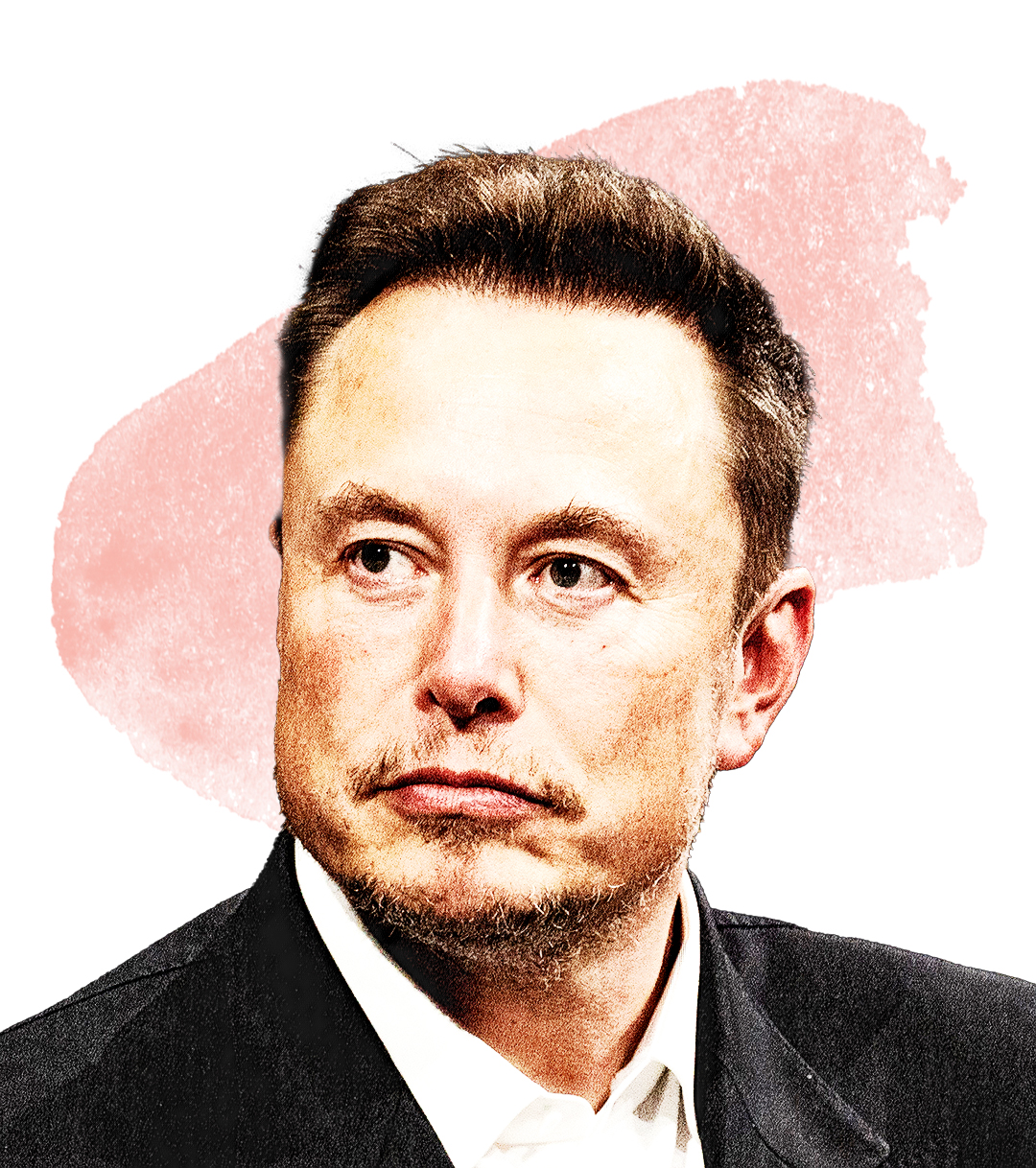The richest man in the world is deathly afraid of AI. He’s also aggressively aiding its development. Elon Musk, 52, became interested in how AI might benefit—or destroy—humanity in the early 2010s, and invested millions of dollars into the AI startup DeepMind. But after DeepMind was bought by Google in 2014, Musk became concerned that Google would not take AI safety seriously. So he co-founded a new AI company, OpenAI, with Sam Altman, to try to counter Google’s growing dominance in the field and develop what they considered a more responsible approach to creating artificial general intelligence (AGI), a hypothetical future AI system that can do anything the human brain can.
Musk resigned from OpenAI’s board in 2018, however, and the company has expanded into a juggernaut that critics fear is itself moving too fast. Musk is one of those critics: he has publicly traded barbs with Altman and referred to OpenAI as a “profit-maximizing demon from hell.” He has also criticized OpenAI’s ChatGPT for being “politically correct” and pledged to build his own chatbot called “TruthGPT.”

Whether or not that project comes to fruition, Musk has his hands full with an array of AI projects, including his new company xAI, which was announced in July and aims to “understand the true nature of the universe”; self-driving cars at Tesla; Neuralink, which aims to plant microchips into human brains that would enable people to talk to computers directly; and Optimus, a human-like robot designed to navigate the physical world.
But even as Musk races ahead, he loudly voices his concerns about the threats AI could pose to humanity, and played a significant role in bringing those concerns to the mainstream. Musk signed an open letter in March calling for a pause on AI development and training. “AI is more dangerous than, say, mismanaged aircraft design or production maintenance or bad car production, in the sense that … it has the potential of civilization destruction,” he told Tucker Carlson this year. Musk’s enormous wealth alone ensures he will remain among the most influential power players in AI. But he also stands out for the tension between his contradictory views on its risks and rewards.
- Why Biden Dropped Out
- Ukraine’s Plan to Survive Trump
- The Rise of a New Kind of Parenting Guru
- The Chaos and Commotion of the RNC in Photos
- Why We All Have a Stake in Twisters’ Success
- 8 Eating Habits That Actually Improve Your Sleep
- Welcome to the Noah Lyles Olympics
- Get Our Paris Olympics Newsletter in Your Inbox